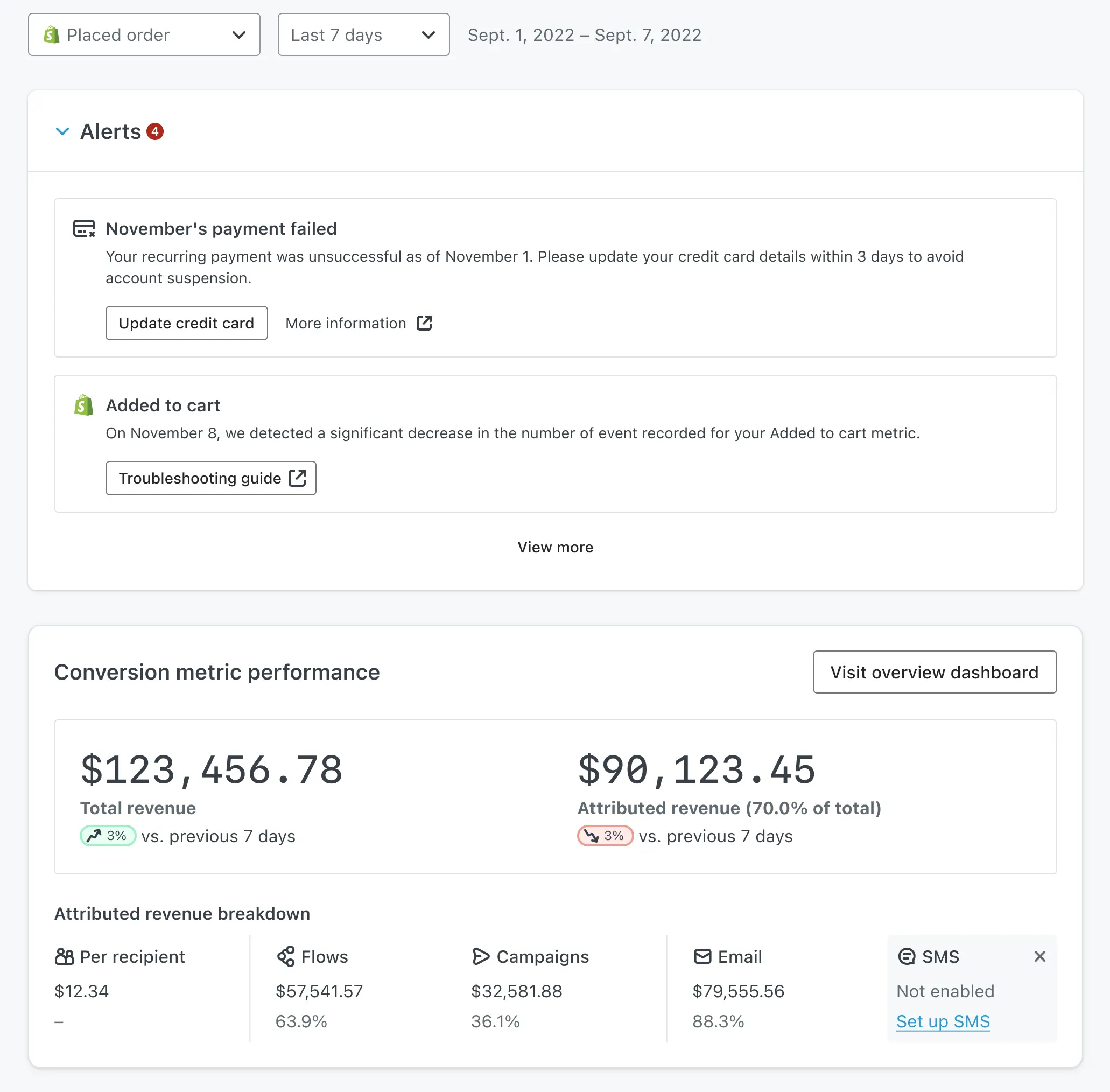Alternatives to Dynamic Yield
1. DigitalGenius
+Pros
- Ecommerce-specific automation through integrated AI capabilities.
- Visual AI capabilities for analyzing customer-uploaded images.
- Deep integration architecture with core business systems.
- Proactive service capabilities reducing inbound inquiry volume.
-Cons
- Implementation complexity requiring substantial technical preparation.
- Enterprise-focused pricing potentially prohibitive for smaller businesses.
- Specialization constraints limiting suitability for non-ecommerce scenarios.
- Change management requirements demanding structured co-design workshops.
One highlighted feature and why it's amazing
Interprets customer intents through natural language processing, understanding context beyond simple keyword matching while maintaining conversation continuity across complex multi-step scenarios.

Another highlighted feature of why it’s amazing
Enable analysis of customer-uploaded images for product defects, shipping damage, or fit issues. This functionality proves particularly valuable for fashion and consumer goods retailers where visual confirmation accelerates resolution and reduces communication cycles.
2. HubSpot AI Email Marketing Platforms
+Pros
- Comprehensive platform integration that reduces tool sprawl .
- Deep CRM integration enables personalization at scale .
- Proven AI capabilities with documented performance improvements .
-Cons
- Lacks native product recommendation engines for e-commerce .
- Predictive analytics capabilities are less advanced than competitors like Klaviyo .
- Editor limitations include clunky image handling and unclear contact exclusion logic .
One highlighted feature and why it's amazing
Generates email drafts based on prompts, integrated directly into the marketing suite .

Another highlighted feature of why it’s amazing
Refines tone and structure across emails, social posts, and CTAs .
3. Klaviyo
+Pros
- Unified marketing automation combining email, SMS, and review management with AI-powered personalization .
- Deep Shopify integration providing automated data sync and behavioral tracking .
- Proven ROI delivery across multiple customer implementations .
-Cons
- Implementation complexity despite moderate technical ratings .
- Active profile billing methodology can penalize businesses with large but inactive customer databases .
- 90-day 'suppression jail' limits reactivation of unengaged contacts .
One highlighted feature and why it's amazing
Transforms audience building from manual rule configuration to natural language interaction, enabling complex behavioral targeting without requiring technical expertise .

Another highlighted feature of why it’s amazing
Generate personalized content while maintaining brand voice consistency through machine learning models trained on existing brand communications .
Other Alternatives
Canva Logo Maker
Riskified
Shopify Flow
Zapier
Zendesk AI
How We Researched This Guide
About This Guide: This comprehensive analysis is based on extensive competitive intelligence and real-world implementation data from leading AI vendors. StayModern updates this guide quarterly to reflect market developments and vendor performance changes.
214+ verified sources per analysis including official documentation, customer reviews, analyst reports, and industry publications.
- • Vendor documentation & whitepapers
- • Customer testimonials & case studies
- • Third-party analyst assessments
- • Industry benchmarking reports
Standardized assessment framework across 8 key dimensions for objective comparison.
- • Technology capabilities & architecture
- • Market position & customer evidence
- • Implementation experience & support
- • Pricing value & competitive position
Research is refreshed every 90 days to capture market changes and new vendor capabilities.
- • New product releases & features
- • Market positioning changes
- • Customer feedback integration
- • Competitive landscape shifts
Every claim is source-linked with direct citations to original materials for verification.
- • Clickable citation links
- • Original source attribution
- • Date stamps for currency
- • Quality score validation
Analysis follows systematic research protocols with consistent evaluation frameworks.
- • Standardized assessment criteria
- • Multi-source verification process
- • Consistent evaluation methodology
- • Quality assurance protocols
Buyer-focused analysis with transparent methodology and factual accuracy commitment.
- • Objective comparative analysis
- • Transparent research methodology
- • Factual accuracy commitment
- • Continuous quality improvement
Quality Commitment: If you find any inaccuracies in our analysis on this page, please contact us at research@staymodern.ai. We're committed to maintaining the highest standards of research integrity and will investigate and correct any issues promptly.